Even when Latin Americans are allowed to speak, IR scholars and practitioners do not listen to them due to the language in which they produce knowledge, epistemic violence and access barriers.
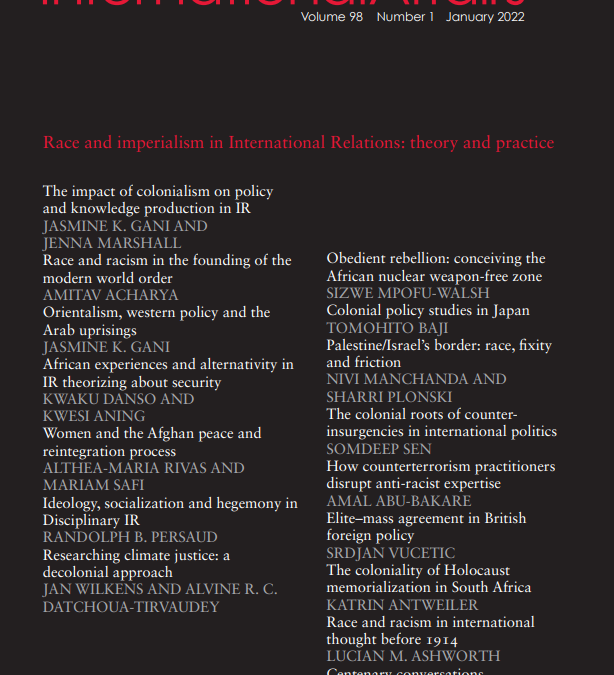

Even when Latin Americans are allowed to speak, IR scholars and practitioners do not listen to them due to the language in which they produce knowledge, epistemic violence and access barriers.

This post is the first in a four part symposium on the Cuban Missile Crisis, one of the the most studied cases of IR. With the release of documents in recent decades, historical...
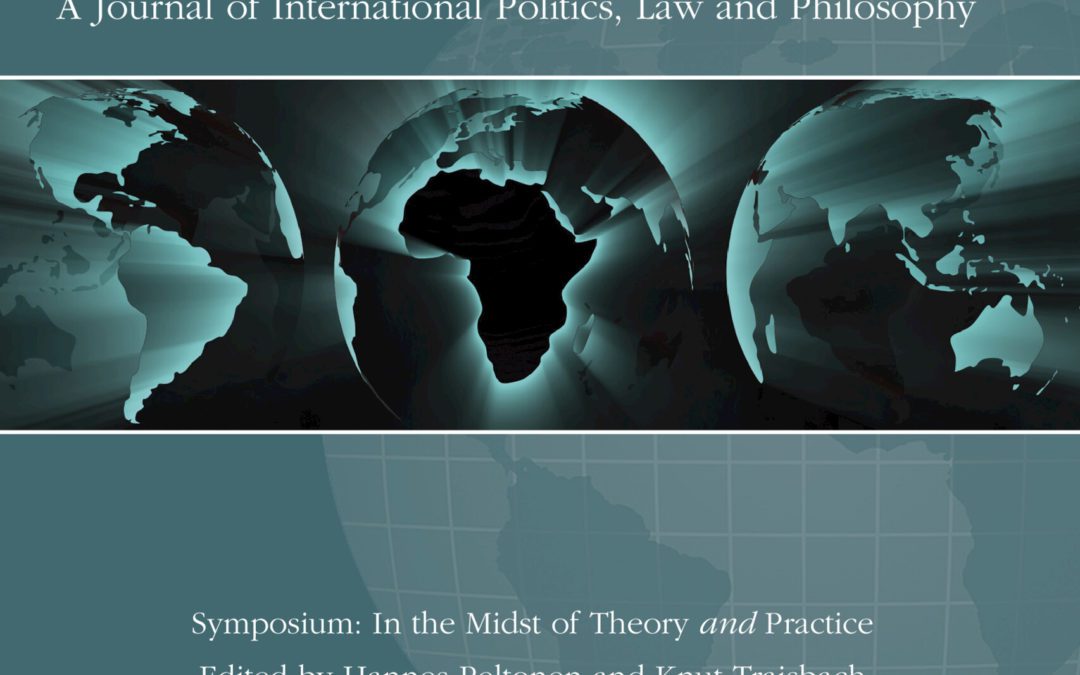
I wrote the first draft of “What’s it Like to Be a State?” sometime in late 2017, during an unusual time in both my personal life and my research career. I was about halfway through my PhD at the University of Cambridge and was feeling both immensely homesick and quite bored—trapped in a small town that felt ripped from the Victorian era. I filled my free time watching large numbers of pre-recorded NBA games and, also, for some reason, reading philosophy of mind….

I appreciate this opportunity to remark on Adam Lerner’s (hereafter, just ‘Adam’), excellent 2020 International Theory article on state consciousness. I recall first chatting with Adam about this...
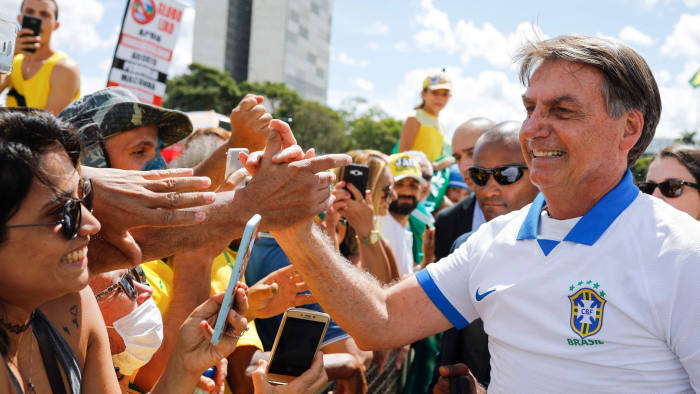
This is a guest post from Julie VanDusky-Allen, Olga Shvestova, and Andrei Zhirnov. Julie VanDusky-Allen is an assistant professor at Boise State University. Her research focuses on both formal and informal institutions, legislative organization, political parties, political participation, and support for and satisfaction with democracy. Olga Shvestova is Professor of Political Science and Economics at Binghamton University (SUNY). Professor Shvetsova's research focuses on determinants of political strategy in the political process. Broadly stated, these include political...

This is a guest post by Ryan Lloyd, a Visiting Assistant Professor of International Studies at Centre College. His research focuses on comparative political behavior and vote buying, particularly in Brazil. He can be reached at lloydr418@gmail.com, and on Twitter at @Lloyder2323. Public health and political crises The numbers were disastrous. After months of denialism, Brazil had just passed Italy into third place for official deaths related to COVID, and was hot on the UK’s tail, with 35,930--more than 1,000 were dying per day. And despite massive undercounting of cases, it was already in...

Note: This post began life as an op-ed; I have amended it slightly from the version shared on Facebook to add more social scientific perspective. The United States set new single-day record for new COVID cases on June 24th through 26th, surpassing what had been hoped would the highest point of the curve on April 24. The United States is now in a two-horse race with Brazil to be the epicenter of the COVID pandemic. The economic and social sacrifices made to attempt to flatten the curve—sacrifices that include the highest unemployment rate since the Great Depression and school...
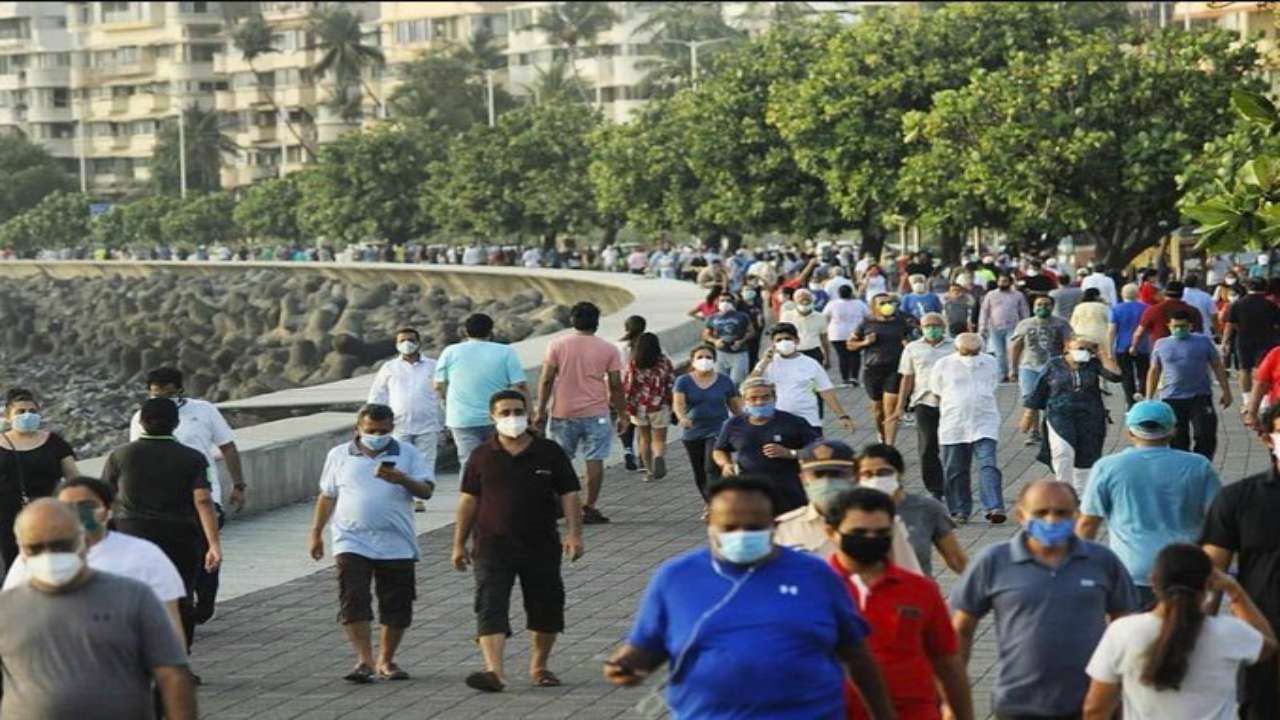
This is a guest post by Manali Kumar, incoming Postdoctoral Fellow at the University of St. Gallen (Switzerland). Her research focuses on prudence in statecraft, and India’s national identities and interests as a rising power. She can be found on Twitter @manalikumar. Despite one of the strictest nationwide lockdowns in the world, which lasted for 68 days before the government started easing restrictions on 8 June, the COVID-19 pandemic has continued to spread in India. Although the country’s international borders remain closed, domestic travel has resumed and shopping malls, restaurants,...

This is a guest post from Hina Khalid and Ashley Fox. Hina Khalid, PhD, MPP is an Assistant Professor in the School of Humanities and Social Sciences, Information Technology University, Lahore, Pakistan. Her work focusses on health policy with a special interest in health system performance and health inequities. She can be found on Twitter @HinaaaKh. Ashley Fox, PhD, MA, is an Assistant Professor of Public Administration and Policy at Rockefeller College of Public Affairs and Policy, University at Albany, SUNY, who researches the politics of health policy and population health. She can be...
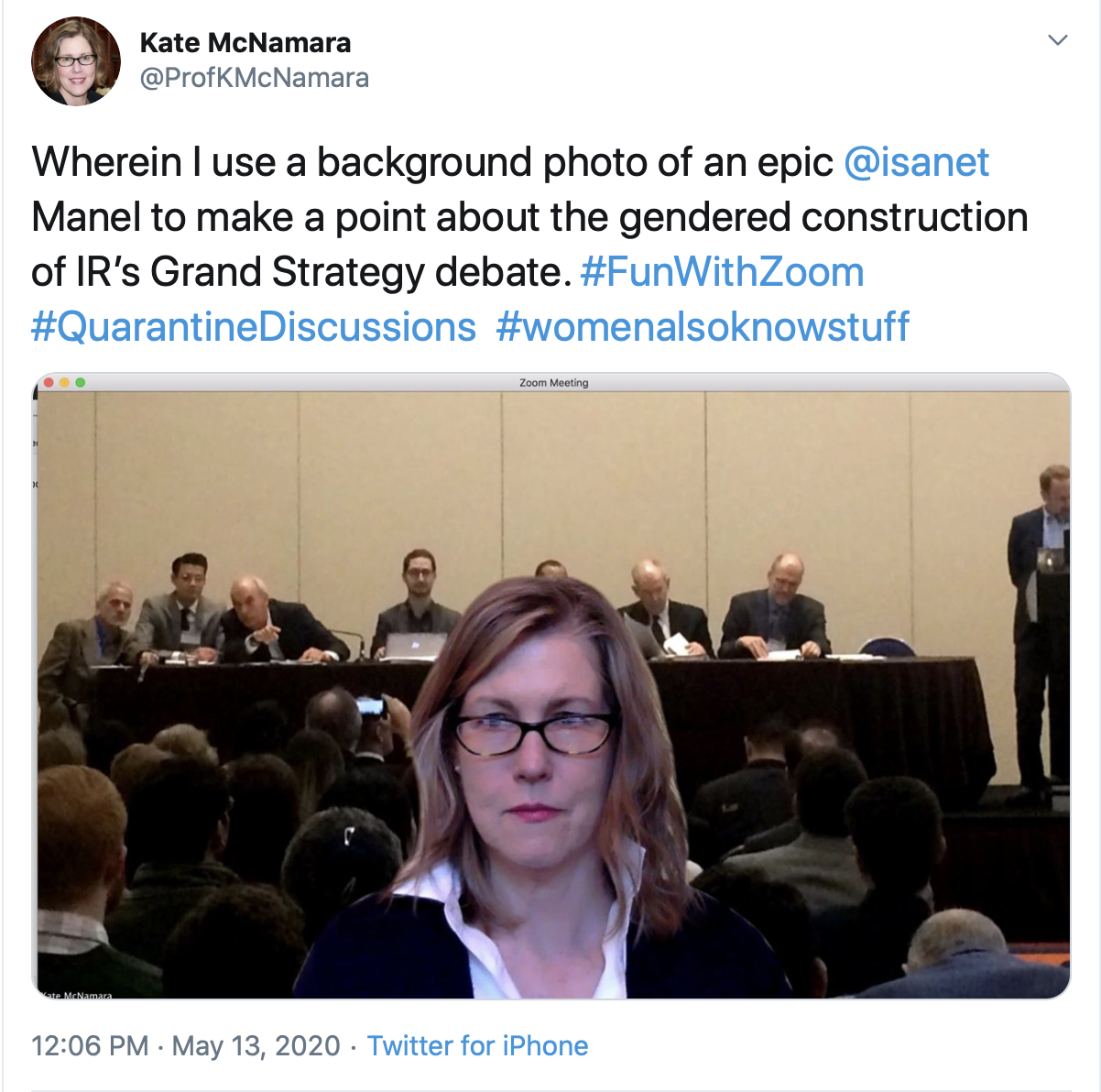
Mentoring starts with how we ourselves act and move through our shared academic world. The more that each of us, particularly those in positions of relative power, can be honest and open about our own diverse identities, the more space we create for others to do the same.

Recent events make it clear: whether loved or loathed, government policies are central to our lives. That’s why public policy schools are devoted to understanding the causes, design, implementation, and effects of government policies. And it’s why some political scientists (including me) feel the pull to work in both a political science department and a policy school. But if we make this choice, what goes from optional to required? For answers, look at Georgetown University faculty member Kate McNamara, the 2020 recipient of a prominent mentoring award from...

What was it like to have Kate McNamara a mentor?